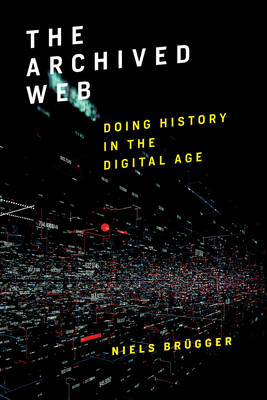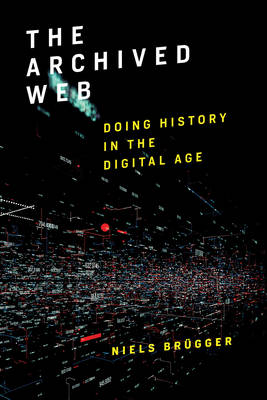
- Retrait gratuit dans votre magasin Club
- 7.000.000 titres dans notre catalogue
- Payer en toute sécurité
- Toujours un magasin près de chez vous
- Retrait gratuit dans votre magasin Club
- 7.000.000 titres dans notre catalogue
- Payer en toute sécurité
- Toujours un magasin près de chez vous
Description
As life continues to move online, the web becomes increasingly important as a source for understanding the past. But historians have yet to formulate a methodology for approaching the archived web as a source of study. How should the history of the present be written? In this book, Niels Brügger offers an original methodological framework for approaching the web of the past, both as a source and as an object of study in its own right.
While many studies of the web focus solely on its use and users, Brügger approaches the archived web as a semiotic, textual system in order to offer the first book-length treatment of its scholarly use. While the various forms of the archived web can challenge researchers' interactions with it, they also present a range of possibilities for interpretation. The Archived Web identifies characteristics of the online web that are significant now for scholars, investigates how the online web became the archived web, and explores how the particular digitality of the archived web can affect a historian's research process. Brügger offers suggestions for how to translate traditional historiographic methods for the study of the archived web, focusing on provenance, creating an overview of the archived material, evaluating versions, and citing the material. The Archived Web lays the foundations for doing web history in the digital age, offering important and timely guidance for today's media scholars and tomorrow's historians.
Spécifications
Parties prenantes
- Auteur(s) :
- Editeur:
Contenu
- Nombre de pages :
- 200
- Langue:
- Anglais
- Collection :
Caractéristiques
- EAN:
- 9780262039024
- Date de parution :
- 27-11-18
- Format:
- Livre relié
- Format numérique:
- Genaaid
- Dimensions :
- 160 mm x 236 mm
- Poids :
- 443 g

Les avis
Nous publions uniquement les avis qui respectent les conditions requises. Consultez nos conditions pour les avis.






